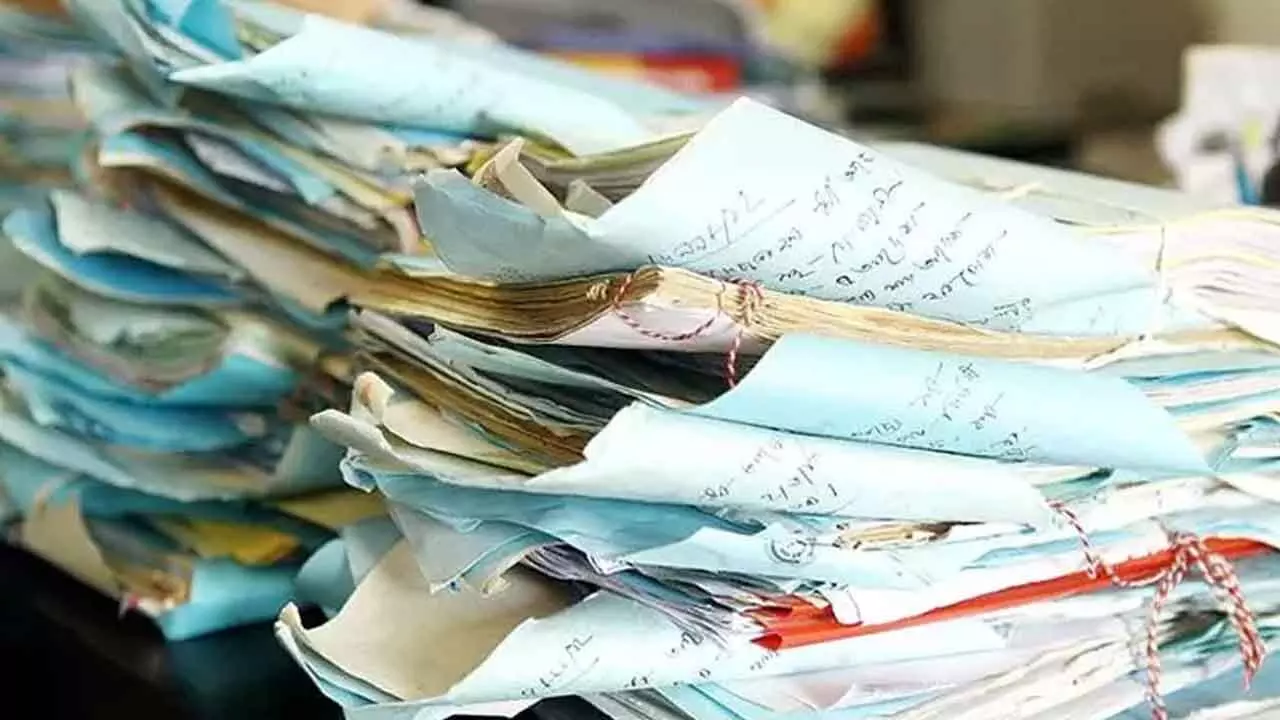India Needs More IP Benches Across HCs To Tackle Case Backlog
The recent establishment of specialised IP benches, like those in Delhi, Chennai, and now Calcutta, marks a significant step toward addressing these challenges by streamlining IP dispute resolution
India Needs More IP Benches Across HCs To Tackle Case Backlog

By allowing specialised judges to handle these complex cases and introducing provisions like technical experts and mediation, India’s IP framework is evolving to offer quicker, more consistent legal outcomes
India has very good Intellectual Property Rights Laws. Be it patent, trademarks, copyrights or designs, the Indian IP laws are equipped with all the ingredients to deal and register innovations and ideas. The gap only comes when the enforcement is to be taken up. Here we find the system slows down due to the non-availability of exclusive IP benches and forums. Intellectual property theft is not taken seriously in our country unlike the west where in the enforcement measures are very stringent.
In India, there are only civil remedies for patent and design infringements and criminal and civil remedies for copyrights, trademarks and geographical indications. With a huge pendency of cases and backlogs, the IP bench comes in as a breath of fresh air to the choked judicial system in India. The IP bench which is being established in the Calcutta High court is the third IP bench after Delhi and Chennai. The main objective of the IP bench is streamlining the resolution of IP disputes. The court which previously handled IP cases using a roster system, will now allow specialized judges to oversee these cases and faster in IP bench.
However, after the dissolution of the Intellectual Property Appellate Board (IPAB) in 2021, a significant number of IP cases have been transferred to the court and piled up which were being handled by various judges based on the roster system. So, now this will be taken up by specialised judges who will be able to deliver faster redressal to the affected.
The Indian IP system suffers from three key challenges, viz. lack of uniformity in decisions, lack of specialised IP expertise and delays in settling judicial cases. The judges, especially in district courts, are not equipped to understand the technical issues involved in hearing patent cases. Therefore, a specialised bench will really be useful to resolve IP disputes faster. The role of IP bench is to deal with fresh and pending infringement suits; hear appeals against the decisions of the patent/trademark/copyright offices; take up matters related to revocation/cancellation actions; and applications for rectification of the patents/trademark register.
The best thing about Intellectual Property Division being set up is the autonomy to formulate its IPR rules. The rules have the provision for appointment of independent technical experts for assistance in matters, encouragement to use a dispute resolution mechanism through mediation proceedings, evidence recording through video conferencing, specific categorization of cases pertaining to the Information Technology Act as IP cases, and others. These changes have been transformational to change the IP litigation and the jurisprudence over the years. Since the inception of the first IP bench in Delhi, over 3,000 cases were transferred to the bench with more than 50 per cent being disposed of. Also, many High Courts have categorised IP disputes as commercial disputes which is helping in faster disposal with timelines.
To conclude, there is a pivotal need for more and more establishment of dedicated IP divisions in more Indian High Courts which will help to manage the mounting workload and intricacies of IP cases and overall reduce the burden. The IP benches have not only helped in resolving IP cases efficiently but also encourage filing of IP cases. The day is not far when, we will see more and more IP Divisions being formed and IPD rules being framed to bolster IP practice in India.
(The author is Head-Legal &IPR, Resolute Group of Companies and Founder –IPRAS)

